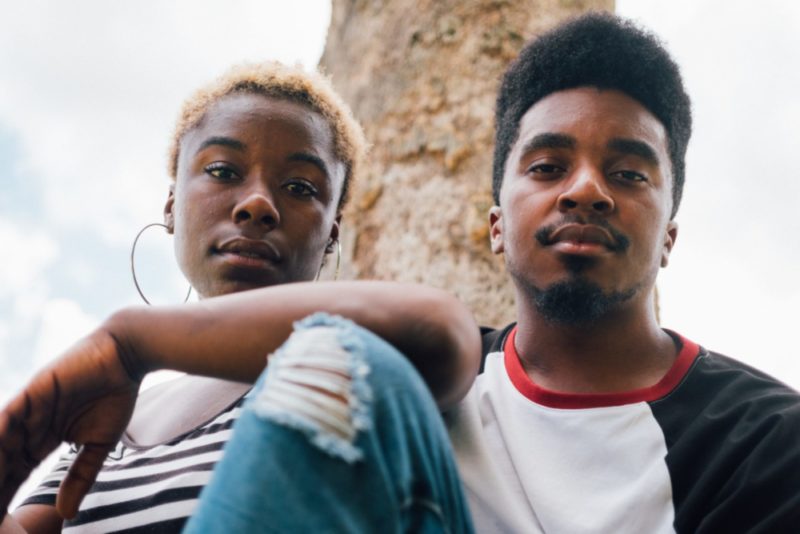What You Should Know About Adultification Bias
Share
Explore Our Galleries
Breaking News!
Today's news and culture by Black and other reporters in the Black and mainstream media.
Ways to Support ABHM?
by Anissa Durham, Word in Black

If you are Black or have Black children, it’s likely you or your child may have experienced adultification bias. Word In Black compiled this guide to help people understand what this bias is and how it impacts the Black community.
Adultification bias is a newer term that describes the experiences of Black childhood, its roots, and the mental health impact of this. Word In Black reports the real-life experiences of dozens of Black folks in our series, Lost Innocence: The Adultification of Black Children.
What is adultification bias? And why does it happen to Black children?
Adultification bias is a stereotype based on the ways in which adults perceive children and their childlike behavior. It’s rooted in anti-Black racism that goes back to chattel slavery — as enslaved Black children were used for their labor, often working in the field with no recreation or means of gaining an education. This stereotype often treats Black children like they do not deserve to play. They need less nurturing, protection, support, and comfort.
This bias presents itself in households, education, and in a society where Black children are expected to act like adults before reaching adulthood, by the adults they interact with; family members, teachers, and police officers.
This adultification bias often overlaps with the hyper-sexualization and criminalization of Black youth. Those who (un)knowingly impose the adultification bias also expect children, specifically Black girls, to know more about adult topics and sex. Those who have experienced adultification bias are often labeled, “fast,” “promiscuous,” “curvy,” or labeled with another sexual comment about their young body that reduces them to a sexual being.
Get answers to other questions about the adultification of Black children.
Adultification contributes to violence against Black teens such as Trayvon Martin. Read how the justice system failed him–and us.
Don’t forget to check out our breaking news page.









Comments Are Welcome
Note: We moderate submissions in order to create a space for meaningful dialogue, a space where museum visitors – adults and youth –– can exchange informed, thoughtful, and relevant comments that add value to our exhibits.
Racial slurs, personal attacks, obscenity, profanity, and SHOUTING do not meet the above standard. Such comments are posted in the exhibit Hateful Speech. Commercial promotions, impersonations, and incoherent comments likewise fail to meet our goals, so will not be posted. Submissions longer than 120 words will be shortened.
See our full Comments Policy here.